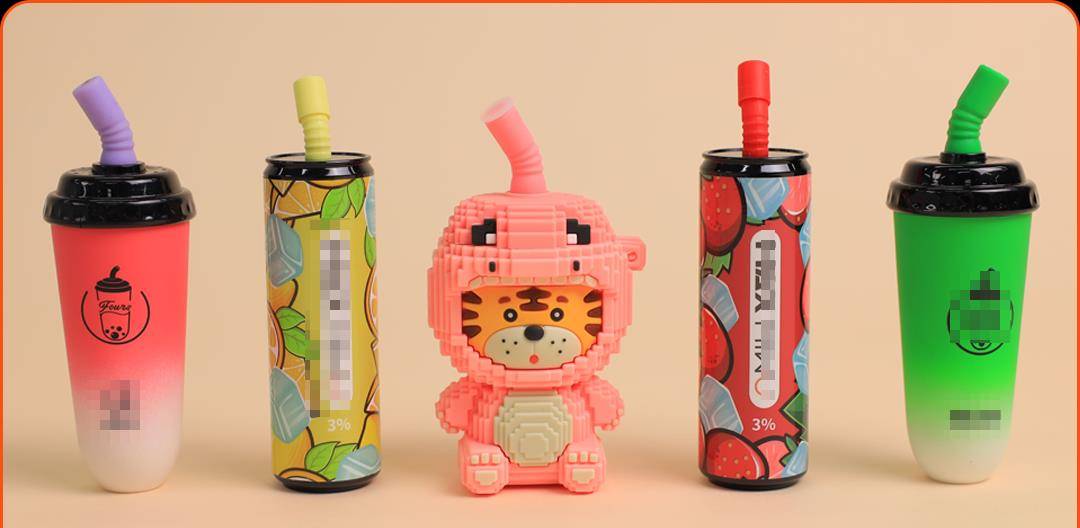ARE YOU OF LEGAL SMOKING AGE?

FDA Protects Children from Obscure Novelty Vapes
The FDA sent warning letters today to seven online retailers, citing them for sales of novelty vapes that the agency says resemble “youth-appealing toys and drink containers.” According to FDA Center for Tobacco Products Director Brian King, the products “can be easily concealed and contain nicotine, which is highly addictive and can harm the developing adolescent brain.”
The FDA regularly goes after novelty vapes, which make up a tiny piece of the worldwide vape industry. Most vaping consumers buy products they know will work, and novelty vapes don’t inspire confidence among people who count on vape products to avoid smoking. Novelty products aren’t made by well-known vaping manufacturers.
For the FDA, vapes shaped like miniature soda bottles and tiny replicas of 1980s-style cell phones create an opportunity to show off the agency’s regulatory might and supposed concern for the well-being of the nation’s children.
“The products’ design may also help youth conceal the e-cigarettes from adults or be confused with an everyday object and the contents accidently ingested by young children,” the FDA said in a press release. But how young would a child have to be to mistake a three-inch “drink container” vape for an actual Slurpee?
In August, the FDA warned 15 retailers and distributors for selling products similar to those cited today. Last November, the agency sent letters to five manufacturers of “confusing” novelty vapes. One of those was a manufacturer selling a video game-lookalike novelty vape that had already received a warning letter more than two years earlier.
Since it granted itself regulatory authority over the vape market in 2016, the FDA has authorized U.S sale of just seven e-liquid-based vapes—six of which are still available. The agency has not authorized any bottled e-liquid, open-system (refillable) vapes, or vaping products in flavors other than tobacco. The FDA has rejected premarket tobacco applications (PMTAs) for millions of vaping products, forcing many companies to challenge the agency's decisions in federal courts.
Recipients of warning letters have 15 working days to respond, describing the corrective actions they’ve taken or disputing the agency’s allegations. Those who don’t reply may face additional FDA sanctions.
Share

